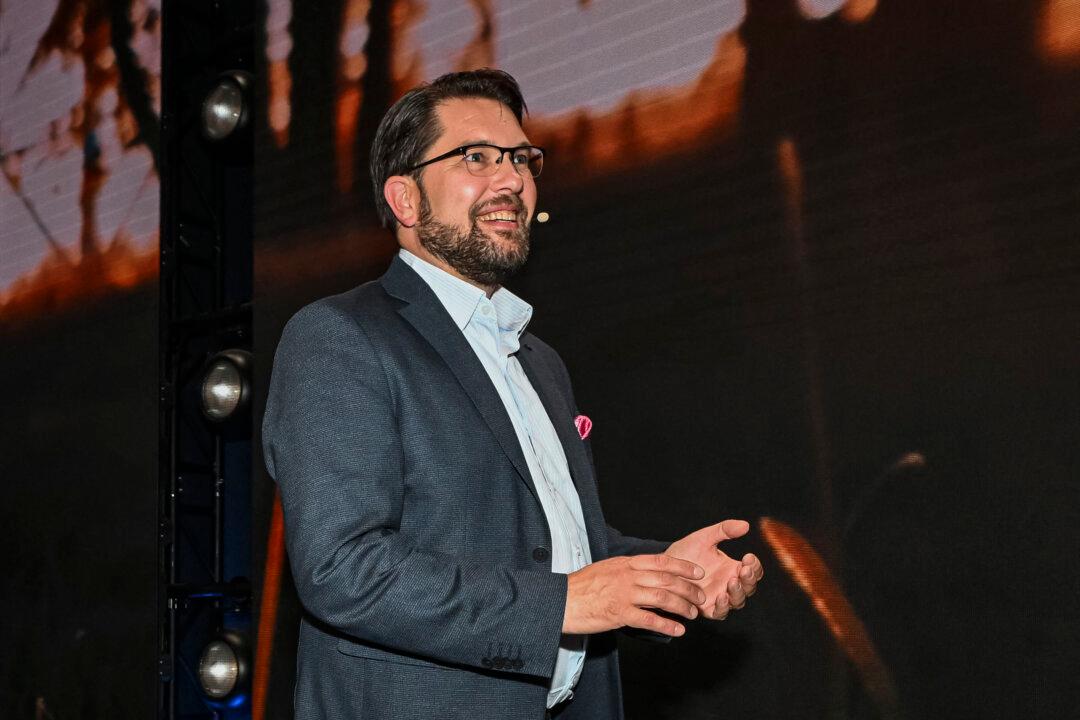STOCKHOLM—Sweden is set to expel an Indian IT engineer, even though he has steady employment and possesses highly sought-after job skills.
Hemant Gondane, 29, has been living in Sweden since 2014, and currently works for the company Infor Sweden in the city of Linköping. Yet, he is facing expulsion as a result of Swedish labor and migration law. His case is but one of many in what has now been dubbed “competence expulsions,” an issue that has gained much attention from Swedish media in recent years.




